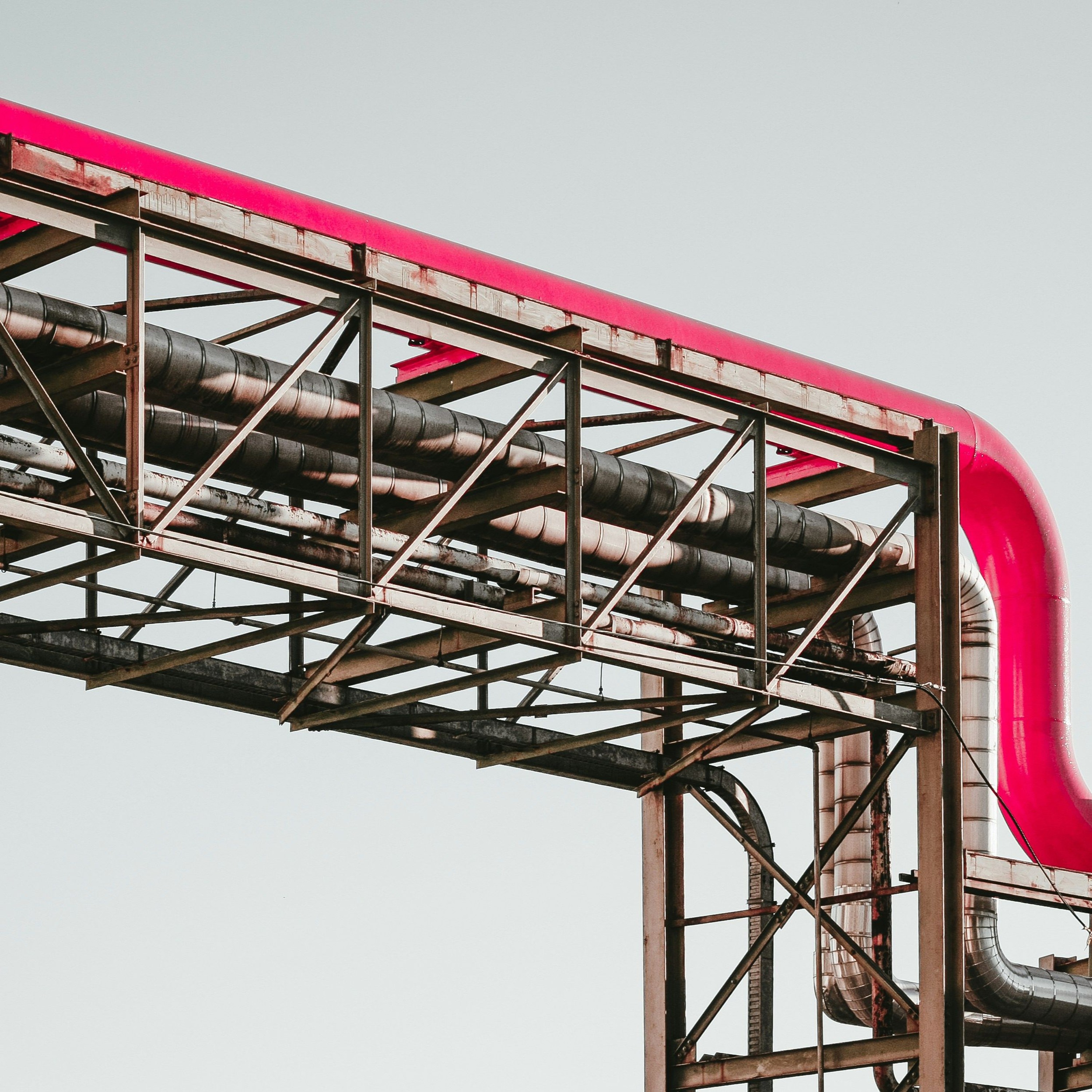WORT 89.9FM Madison
$2 B+ in New Natural Gas (Methane) for Wisconsin?

Milwaukee-based utility, We Energy's, announced plans earlier this year for new natural gas facilities. And around the same time, Madison-based, "Alliant" energy moved to convert its coal-fired power plant into a natural gas plant. Over 35 environmental organizations have now formed a coalition dubbed "Power Wisconsin Forward" to oppose those plans. Renew Wisconsin, an organization advocating for green energy, is part of that coalition. Renew's executive director, Sam Dinesky, says that's because natural gas is a major pollutant and that the new plants basically recommit the state to an expensive, non-renewable technology. Power Wisconsin Forward was organized on the foundational truth that methane gas infrastructure is bad for our people, our planet, and our pocketbooks. New methane gas plants that are being proposed right now are inconsistent with the state's goal to be carbon free by 2050. And we aim to increase public awareness of new methane gas plants and the harm that these plants pose not only to Wisconsin's environmental health, our public health, but also our clean economy future as well. Dinesky says the natural gas and methane go hand in hand and explain that methane is a major contributor to climate change. Well, the main emission source of natural gas is methane. Methane is, you know, obviously different from carbon dioxide. It does not say in the atmosphere as long, but when it is in the atmosphere, it's actually much more potent. It can trap heat. So, you know, a greenhouse gas, it's 80% more efficient at trapping heat than carbon dioxide is, which is why we believe that these natural gas plants are bad for our health and bad for our economy. The total cost for construction of these new plants is now estimated at over $2 billion. That would require a 14% increase in gas rates over two years. But Dinesky adds that the real cost is still unknown because of fluctuations in gas prices and the long term use of the plants. The true price tag of these gas plants is really hard to calculate if we look at all the total costs of society. Now, solar and wind, for instance, plus plus storage plus battery storage is already cost competitive with gas infrastructure. This means that we can eliminate the, you know, reliability issue that folks have around when the sun shines and when the wind blows and we can eliminate the cost issue at the same time as well. But if Wisconsin ratepayers are on the hook for the cost of building these new gas plants, these gas plants are going to have to be in use for several decades, which means the fuel costs to produce this electricity become even more unpredictable over time. Natural gas has been promoted as a clean fuel compared to coal. But Dinesky says that natural gas also has serious health effects. Studies, for instance, from the Rocky Mountain Institute have shown that the public health costs associated with gas plants are very significant. That goes to everything from air pollution, from emissions, which can lead to respiratory illnesses, cardiovascular issues, asthma issues, a whole host of public health decrements to that. And I don't think that Wisconsin residents and our ratepayers deserve the second dirtiest energy source. The basic conditions of Wisconsin make the construction proposals to build new natural gas plants or to convert coal plants unnecessary. We don't need these new gas, this new gas infrastructure, because we have better options right now today through these modern green energy technology. The plans from we energies and a lion energy have to be approved by the state's public service commission before moving forward. But Dinesky has a different take. We can get around the reliability issue. In order to do that, and in order to get to a decarbonized economy, we can't be adding more fossil fuel infrastructure. We need to be essentially whittling it down. State has a goal to be carbon neutral by 2050. Utilities have similar goals as well, and we need steady progress to transition to that goal by 2050. We can't simply flip a switch and go to a decarbonized economy, it's going to take time. So if we incorporate or if we develop these new gas plants, that's going to take us even more time. It's going to have worse effects on our ability to mitigate climate change, and it's going to be more expensive for all Wisconsinites. For WRT News, this is David Herons.
Interview with RENEW Wisconsin about opposing construction of new natural gas plants.